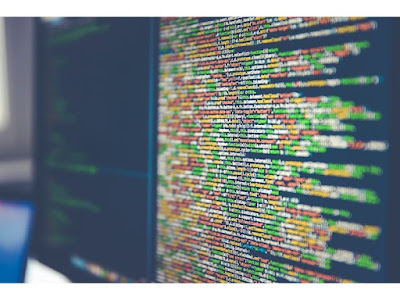As algorithms permeate many aspects of everyday life. Algorithms influence culture. On this episode, Dr. Lilian Hill discusses the relationship of algorithms and culture. Listen to the episode and join in the discussion.
Listen to the Podcast
References
Carah, N. (2017, August 16). Algorithmic culture and machine learning. http://nicholascarah.com/log/2017/8/15/algorithmic-culture-and-machine-learning
NBC. (2023 January 1). Meet the Press - January 1, 2023. https://www.nbcnews.com/meet-the-press/meet-press-january-1-2023-n1302274
Seaver, N. (2017, November 9). Algorithms as culture: Some tactics for the ethnography of algorithmic systems. https://journals.sagepub.com/doi/full/10.1177/2053951717738104
Striphas, T. (2015). Algorithmic culture. European Journal of Cultural Studies, 18(4-5). https://journals.sagepub.com/doi/full/10.1177/1367549415577392








